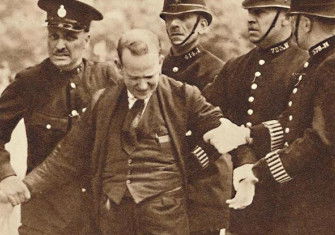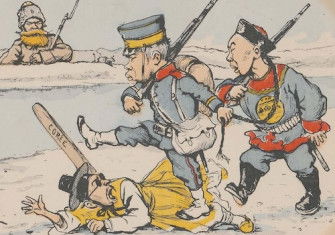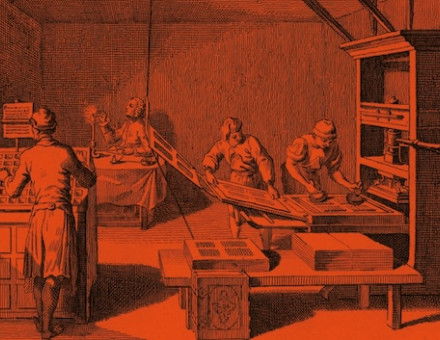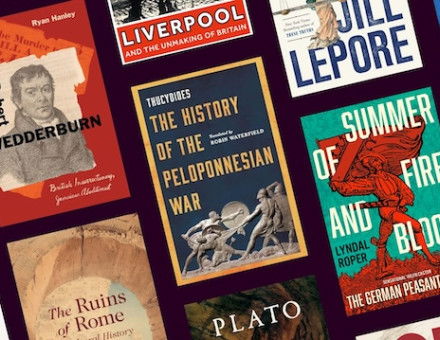The Otsu Incident
On 11 May 1891 the future Tsar Nicholas II narrowly escaped assassination on a trip to Japan.
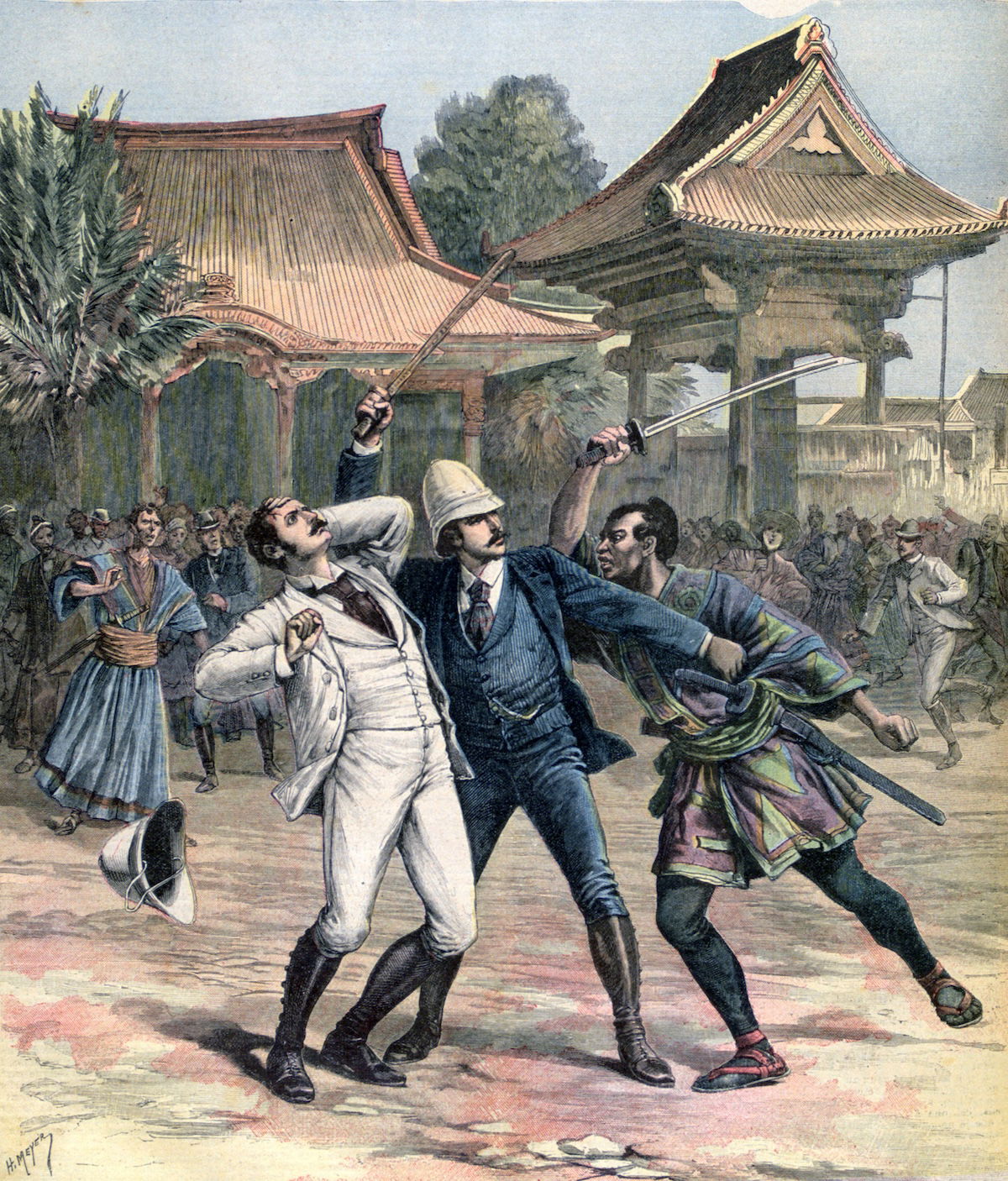
For one terrifying moment it seemed that history was repeating itself. In early 1881 the Russian tsar Alexander II had been assassinated. And now, a decade later on 11 May 1891, an assassin brought a sabre down on his grandson Nicholas’ bowler-hatted head.
The 22-year-old tsarevich was in Japan on a tour of the East. He had already seen Sri Lanka, Singapore, and China. That lunchtime, he and his party – including his cousin, Prince George of Greece – were returning to Kyoto from a trip to the lakeside town of Otsu. They rode in a 50-strong procession of rickshaws. The streets were narrow and crowded but lined with police.
As they turned into Shimo-Kogarasaki Street, one of the police guards, Sanzo Tsuda, leapt forwards, sabre raised. He struck, slicing deep into Nicholas’ forehead. The tsarevich’s hat likely saved him. Nicholas fled. Tsuda gave chase, but George launched at him with a bamboo whip he had bought that morning. Two of the rickshaw men tackled Tsuda, who dropped his sabre.
‘Two deep wounds on the head; recovery impossible’, an early report ran. The wounds were nine and seven centimetres in length. But the rumours were wrong: the tsarevich’s skull was somehow undamaged.
Tsuda was a decorated veteran of the Satsuma Rebellion. He was an ultra-nationalist; his crime was ‘loyalty run mad’, one Western observer wrote. But there was insanity in his family, the Mainichi Shimbun reported; his talk in recent days had been disjointed. He would die, that September, in prison.
The nation was shocked. One Japanese newspaper called it ‘the most terrible event in our ancient or modern history’. Theatres closed. Shops and markets stood empty. ‘Everywhere people spoke in groups with profound sadness in their tones’, a British diplomat’s wife remembered.
The tsar summoned his son home. It had been, the Japan Weekly Mail considered, a ‘somewhat chequered visit’. Tsuda’s assault left Nicholas with recurrent headaches. Every year on 11 May he thanked George in his prayers. Perhaps it had been a good omen that, when he entered Kobe just a few days earlier, schoolchildren had called out to him ‘Kotaishi Denka, bauzai!’ That is, we wish you long life.



